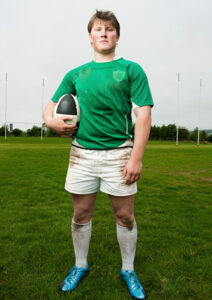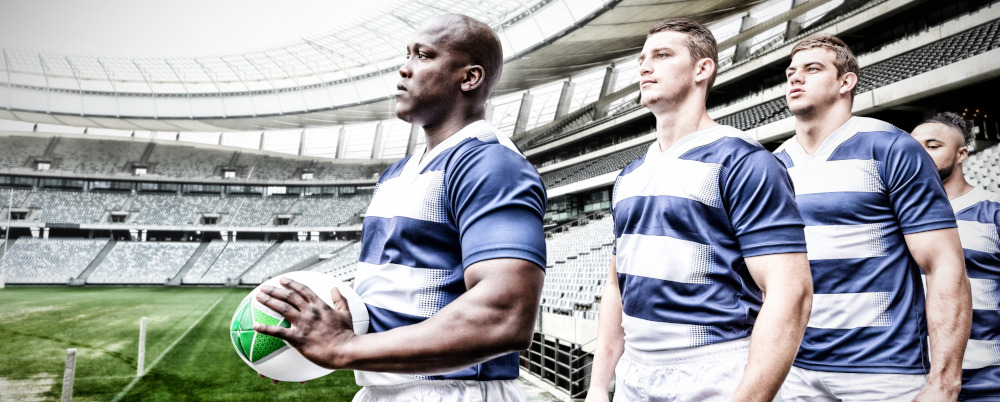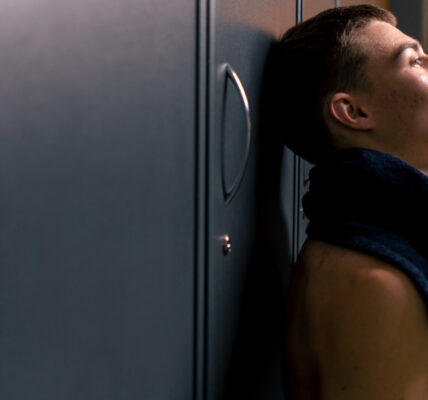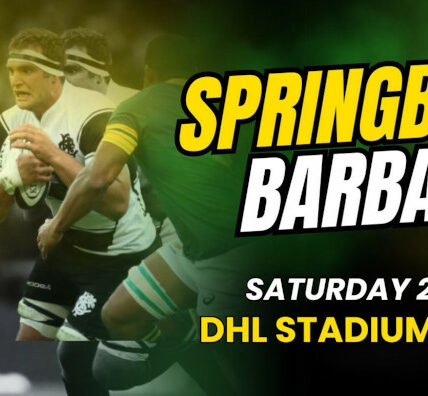The path to the top in South African rugby is not paved with certainty. It is more often marked by early mornings, hand-me-down boots, and the kinds of decisions that only make sense in hindsight. For the U20s coming out of KwaZulu-Natal, that road winds through school fields in Pinetown and Pietermaritzburg, across the sweaty weight rooms of club rugby, and occasionally through the long, silent corridors of provincial union offices where the future of a young player is decided in conversations they’re not invited into. And yet, somehow, they keep coming. This year, as South Africa’s junior team surged to the U20 World Championship final against New Zealand, the influence of KZN was not just felt, it was rooted.
These are not yet household names, but they are names being whispered in the right places. Coaches at Durban High School speak with pride-tinged caution about boys who have gone beyond the first XV, stepping into something bigger. At Glenwood, in the shadow of palm trees and faded scoreboards, you’ll hear stories about flyhalves who play like they’ve already studied the wind, about flankers who seem older than they are because they’ve been carrying responsibility since the day they put on boots. There’s something particular about KZN rugby development, it asks more than most, and gives less, but it breeds a certain type of player. Not necessarily the most polished, but often the most resilient.
You see it in players like Thabo Mhlongo, who didn’t make Craven Week until his final year, and even then was a bench pick. He now trains at a private facility in Umhlanga with a former Sharks loose forward and spent this winter lining up against France and England, head held high, eyes steady. Or in someone like Jared Moodley, a scrumhalf from Margate who caught the attention of selectors not because he was flashy but because he refused to disappear in the tough games. These are names known mostly to coaches and teammates, not to fans yet. But they are already doing what needs to be done when no one is watching.
For the KZN contingent, the call-up to the Junior Boks wasn’t a culmination, it was a continuation. These players aren’t arriving from fully-funded academies or prep schools with nutritionists and personal PR. Many are still sharing gear. Still helping to coach younger teams on weekends. Still living in two-bedroom homes where rugby dreams are balanced carefully against practical expectations. And that’s what makes their ascent so compelling. They’re not just playing against the best in the world, they’re coming from places where being good at rugby doesn’t mean you’re guaranteed anything.
This year’s U20 World Championship has had its moments. The clash with England was a war of attrition. The win over France was gutsy and well-measured. And when they faced off against New Zealand for the final, the team stood tall even in defeat. That kind of exposure on a global stage does more than sharpen skills, it recalibrates belief. For a boy from Newcastle or Port Shepstone, suddenly the idea of facing down a haka in the middle of a stadium packed with tens of thousands becomes not an unreachable fantasy, but a memory.
 Back home, their stories filter down slowly. A coach at College Rovers mentions a former player’s name with pride during a club match. A family in Richards Bay replays their son’s match on a loop, watching the way he lines up a tackle, the way he carries the ball. That sort of pride is not about fame. It’s about survival. About having sacrificed enough to make the moment mean something. And for these young men, it’s about honouring the communities that helped them rise, coaches who drove them home, parents who paid for boots they couldn’t afford, older siblings who made them believe it was possible.
Back home, their stories filter down slowly. A coach at College Rovers mentions a former player’s name with pride during a club match. A family in Richards Bay replays their son’s match on a loop, watching the way he lines up a tackle, the way he carries the ball. That sort of pride is not about fame. It’s about survival. About having sacrificed enough to make the moment mean something. And for these young men, it’s about honouring the communities that helped them rise, coaches who drove them home, parents who paid for boots they couldn’t afford, older siblings who made them believe it was possible.
What’s perhaps most striking is how grounded these players remain. There’s no talk of instant pro contracts. No distraction about becoming influencers. Many of them, even now, train in the early hours before university lectures or part-time jobs. Some of them have already had to make the choice between continuing in the sport or stepping back to support their families. The glamour of professional rugby still feels distant. The sacrifice does not. That’s what gives these players depth, not just their playing style, but the lives they’re living in tandem with the game.
Durban’s club rugby ecosystem has always been a crucible for this kind of growth. At night, you’ll still find young players pushing through drills on grass fields behind community centres and local schools, the floodlights humming, the smell of braai smoke from across the fence. It is here that many of the Junior Boks learned not just the game, but the pace of adult rugby, the tension of lineouts when no one is watching, the collision of boots on loose soil, the way a win can feel like a life raft.
These aren’t fairy tales. They are hard-earned truths. And the journey from U20 to senior Bok is not a pipeline, it’s a cliff face. Only a few will make it. Injuries, funding gaps, positional competition, and the politics of professional contracts will narrow the field quickly. But for the KZN boys who made it this far, that knowledge doesn’t diminish their resolve. It sharpens it.
In the end, what this year’s U20 campaign revealed is not just the skill of the next generation, but the shape of South African rugby’s future. A future that is more diverse, more grounded, more textured than ever. It is being forged not just in stadiums but in classrooms, on municipal fields, in long taxi rides to training. It is a future written in the bootprints of players who didn’t wait for opportunity but fought for it.
So, when the headlines move on and the next tournament cycle begins, remember the names not yet in lights. Remember the boys from Durban North and Estcourt, from township sides and school teams that no one ever wrote about. Because they’re not just the future. They’re already here. Making tackles. Making space. Making history, one hard-fought, beautifully ordinary match at a time.




